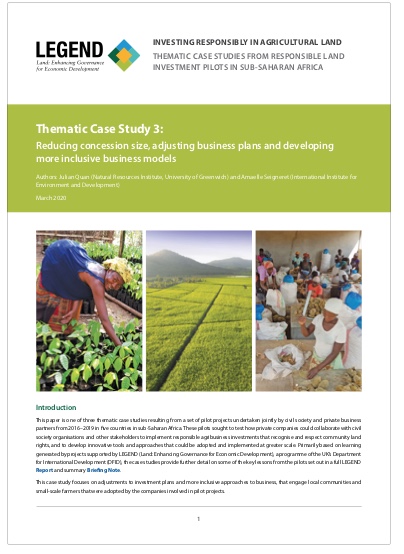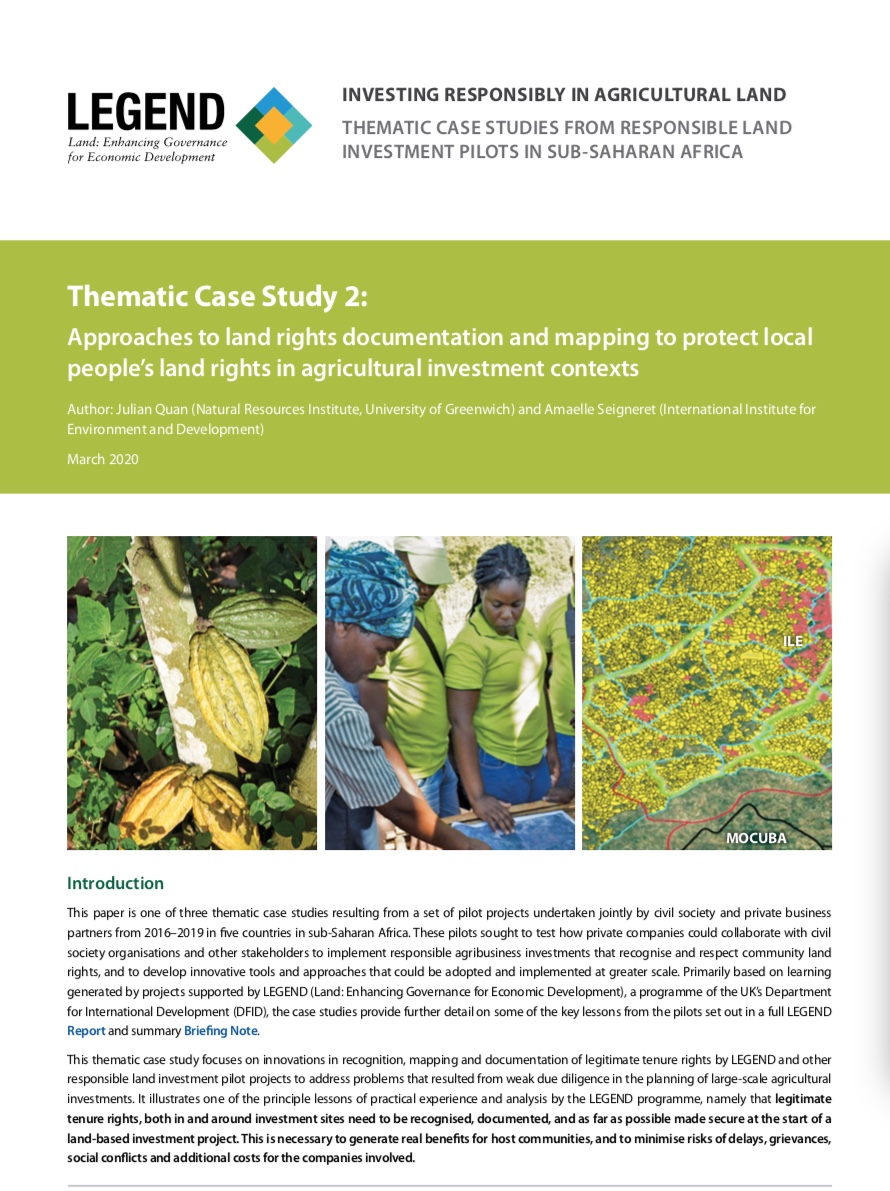Location
KPMG International Cooperative (or simply KPMG) is a multinational professional services network, and one of the Big Four accounting organizations.
The name "KPMG" stands for "Klynveld Peat Marwick Goerdeler". It was chosen when KMG (Klynveld Main Goerdeler) merged with Peat Marwick in 1987.
KPMG is a global network of professional firms providing Audit, Advisory and Tax services. With local expertise in each country, KPMG is one of the most experienced providers of professional services to the public and development sectors in countries and regions where economies and finances are emerging. KPMG LLP, the U.S. operates from 87 offices with more than 23,000 employees and partners throughout the U.S.
KPMG delivers a globally consistent set of multidisciplinary services based on deep industry knowledge. Their industry focus helps KPMG professionals develop a rich understanding of clients' businesses and the insight, skills, and resources required to address industry-specific issues and opportunities
Members:
Resources
Displaying 1 - 5 of 7Reducing concession size, adjusting business plans and developing more inclusive business models
This paper is one of three thematic case studies resulting from a set of pilot projects undertaken jointly by civil society and private business partners from 2016–2019 in five countries in sub-Saharan Africa. These pilots sought to test how private companies could collaborate with civil society organisations and other stakeholders to implement responsible agribusiness investments that recognise and respect community land rights, and to develop innovative tools and approaches that could be adopted and implemented at greater scale.
Approaches to land rights documentation and mapping to protect local people’s land rights in agricultural investment contexts
This paper is one of three thematic case studies resulting from a set of pilot projects undertaken jointly by civil society and private business partners from 2016–2019 in five countries in sub-Saharan Africa. These pilots sought to test how private companies could collaborate with civil society organisations and other stakeholders to implement responsible agribusiness investments that recognise and respect community land rights, and to develop innovative tools and approaches that could be adopted and implemented at greater scale.
F.a: Empowering the Mecuburi Province local communities in natural resource management, agroecological farming
General
Industrial-scale investment projects and poor understanding of local communities? role in natural resource management and decision-making have led to conflicts and fears over land and natural resource management in Nampula. Local communities and small-scale farmers have lost their land rights and natural resources have been illegally destroyed, including in the Mecuburi National Reserve. Unorganised local communities have been sidelined in decision-making. In particular, the voices of women, young people and people with disabilities have not been heard. One of the investment plans threatening the region is the industrial agriculture project Desenvolvimento o Vale do Rio Lúrio. It would violate the land rights of small-scale farmers, especially along the Lúrio river. Small-scale farmers are dependent on prices set by middlemen, and deforestation occurs due to uncontrolled fire. Local community organisation, agro-ecological farming methods and preservation of natural resources must be strengthened in order to ensure sustainable livelihoods. The expected results of the project are (i) local communities' trust on their rights to land use and natural resources is strengthened, (ii) increased organisational capacity of local communities and associations in decision-making on natural resource management and in the implementation of programmes for local development, (iii) community men, women and youth understand the importance of the Mecuburi Reserve; and (iv) women, men, youth and persons with disabilities participate in formal and informal decision-making forums related to the conservation of the Mecuburi Reserve and the sustainable use of other local resources. The project beneficiaries are members of local communities who earn their livelihoods from subsistence farming and exploitation of Miombo forests (for charcoal production, firewood and construction) in 8 communities (Mualua A, Mualua B, Namitil, Namicopi, Nihiri, Zero Quilómetros, Macassar and Feira) in the district of Mecuburi, Nampula province. The number of direct beneficiaries is estimated at 8 000, of which 50% are women, 30% are young people (aged between 18 and 40) and 1 000 are persons with disabilities. The number of indirect beneficiaries in the communities is estimated at 30 000. The project is implemented by the Nampula Smallholders' Union, União Provincial de Camponeses de Nampula (UPC-NPL); https://upcnampula.org.mz/.
F.a: Implementation of biocultural community protocol to restore Embobut and Kapolet Forests and securing of S
General
In 2020-21, Siemenpuu supported the drafting of the biocultural community protocol (BCP) of the Sengwer indigenous people of Kenya as part of a joint project of the organizations of two other hunter-gatherer peoples of Kenya (the Ogiek and the Yiaku). With this support, the basis for the continued work related to the legal, cultural and livelihood foundations of the Sengwer were strengthened. This Sengwer Indigenous Peoples Programme?s (SIPP) project promotes BCP?s use as a tool to protect the interests and rights of the Sengwers of the Embobut and Kapolet forests. In the project, training based on the biocultural protocol of the Sengwer community is given for Sengwer advocacy work, defending land rights and protecting and restoring forests ? also considering the challenges brought by climate change. The training target groups are the representatives of the communities as well as key local level and sectoral government representatives in the project areas. Community representatives are identified and trained to carry out campaign and advocacy work related to human and land rights and climate issues at the county, state and UN level. The project will establish 8 nurseries for both local and non-native tree species with nutritional, economic or agro-forestry potential. The project aims to plant 40,000 trees for restoring natural forests or to utilize the trees in the households. In order to prepare the basis for this work, GIS mapping is carried out on local forest areas and their restoration needs. In addition, information is collected on the effects of climate change in Sengwer communities and their prerequisites for tackling the climate change challenges. The direct beneficiaries of the project are estimated to be around 2,000, of which 500 are women and 400 are children. Indirect beneficiaries are estimated to be around 50,000. They are people in the project areas who benefit from the improved condition of the forests, the climate change mitigation and resilience measures and increased flow of water downstream. It is estimated that there are approximately 33,000 Sengwers in Kenya.
F.a: Enhancing communities? capacities to monitor public/private development projects to promote responsible a
General
Twerwaneho Listeners? Club is a legally registered human rights organization with over 1000 members operating as a company limited by guarantee without share capital. In 2006, a group of local human rights activists started a radio talk show ?Twerwaneho? meaning let?s defend our rights, on local radios, Voice of Tooro and Life FM aimed at awakening people to debate issues of governance and human rights. Through advocating for human rights on radio and community sensitization, the organization has become one of the leading advocates of human rights in Uganda. The organization programs have stimulated debate on land rights and lately corporate accountability with the in-creasing operations of multinational corporations across the region. Through litigation and advocacy, the organization has supported hundreds of people in many communities recover the land and access to/utilization of natural resources. www.tlc-uganda.org




